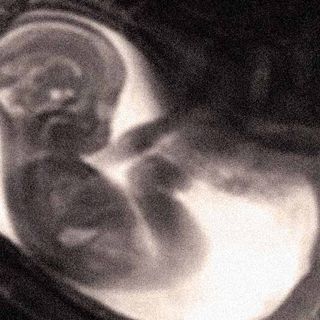For couples going through IVF, genetic screening of the fertilized egg prior to transfer has no effect on successful pregnancy and birth outcomes, according to a new study published in Human Reproduction.
Preimplantation genetic testing for aneuploidies (PGT-A) is a common IVF procedure that essentially screens embryos created via IVF for chromosomal abnormality in order to identify the healthiest for transfer into a woman’s uterus. The procedure is also known as preimplantation genetic screening (PGS) or preimplantation genetic diagnosis (PGD). In theory, it maximizes a woman’s chances of successful pregnancy and birth, as only the healthiest eggs get transferred. Preimplantation genetic screening is typically advised for older parents-to-be (whose sperm/eggs are more likely to contain degraded genetic material), parents-to-be who have attempted multiple, unsuccessful fertility treatments, and for women who have experienced multiple miscarriages (which are primarily caused by genetic abnormalities in the embryo).
However, this latest, large-scale, double blind study has found no evidence that preimplantation genetic testing changes the overall chances of a successful pregnancy and birth.
The study, which began in 2012, involved 396 female participants between 36 and 40 years, across nine centers in seven countries. In the year following their first fertility treatment, 24% of the women whose embryos underwent PGT-A gave birth, while 24% of the women whose embryos did not undergo genetic testing prior to transfer also gave birth.
The study found preimplantation genetic screening did reduce miscarriage (by half), and lowered the number of embryo transfers women underwent, making the IVF process more efficient if not necessarily more successful (as defined by a live birth outcome). Whether these benefits are worth it to women, given the cost and invasiveness of doing multiple IVF procedures, “remains to be seen,” the authors say.




